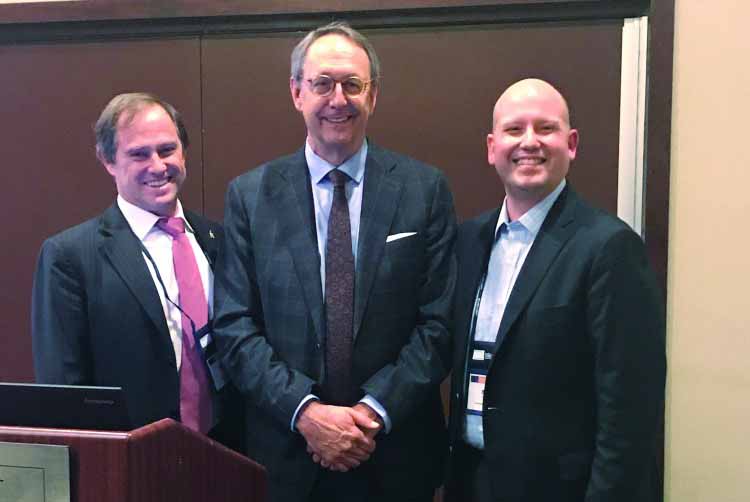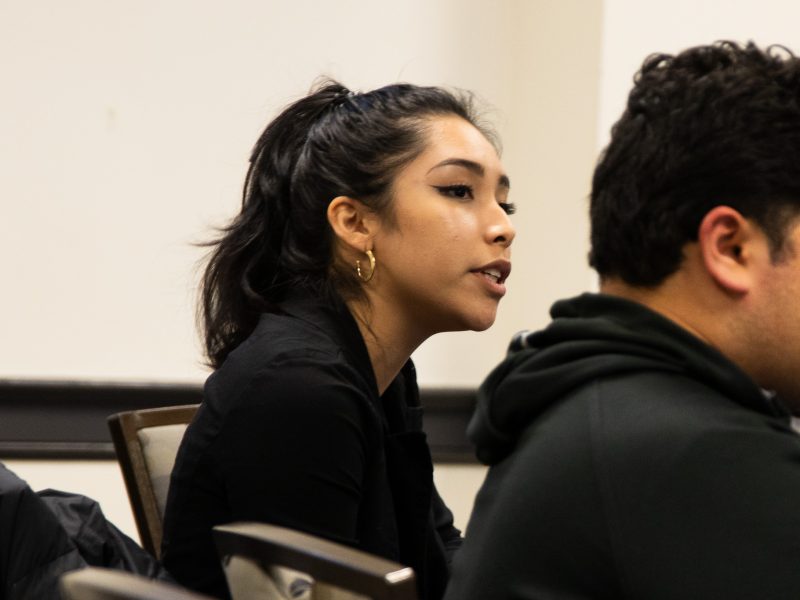By Lancelot Lin
For The Diamondback
The University of Maryland’s public policy school won the inaugural Voinovich Public Innovation Challenge for the university’s “Do Good Initiative,” which promotes innovative solutions for public issues.
The “Do Good Initiative” aims to maximize engagement with students of all majors with the goal of combining experiences and education to allow students to make meaningful contributions to causes they value, said Bob Grimm, director of the Do Good Institute.
“From students’ beginning interest, they can take a Do Good Now course, receive seed funding and get coaching, however they want to approach that initial idea,” said Toby Egan, an associate professor and faculty director of the Do Good Campus.
The public policy school participated in this challenge during the annual conference on Oct. 13 for the Network of Schools of Public Policy, Affairs and Administration. This was the first year NASPAA offered the Voinovich Public Innovation Challenge, which honors late Sen. George Voinovich (R-Ohio) and is sponsored by Ohio University’s Voinovich School of Leadership and Public Affairs.
Participating universities, including New York University, and the University of Texas at Austin, submitted proposals in August. Each institution was required to give a five- to 10-minute pitch to a panel of judges regarding the approach, results and future goals of their program. Panelists were composed of experts in social innovation, nonprofit management and other public sectors.
“The judges were unanimous that this year’s winner showed the greatest promise in terms of an innovation that could serve the public good and an innovation in the education space that could serve the students’ good,” said Robert Orr, the dean of this university’s public policy school.
The university was awarded $3,500 for first place. This money will be put toward efforts to expand Maryland’s “Do Good Campus” model to other institutions, Orr said.
“This is kind of an ‘open-source’ kind of model that we don’t want to claim proprietary instincts on the ‘Do Good’ model, in fact we want to spread it like a really positive virus,” Orr said.
“It actually builds on some initial efforts that we’ve started about six years ago,” Grimm said. “One of the things that we’re doing that is very unique for universities and colleges is we are focused on harnessing the power of the whole campus to do good.”
This university’s initiative, announced by university President Wallace Loh last year, is different from other finalists as it effectively combined “outward facing public impacts” with a “strong educational component,” Orr said.
“The fact that we are already teaching ‘Do Good’ courses across five different colleges and that we are aspiring to teach ‘Do Good’ courses in every college is strongly innovative,” he said.
Participating in the Voinovich challenge brought this university broader recognition into its unique approach, Egan said.
“It certainly communicates externally to the university and to other universities, even to the state and other states, that the impact that this kind of campus-wide approach can have,” he said.
Grimm also said after participating in the Voinovich challenge, he said he feels even more motivated to strengthen the initiative and stressed its importance to this university.
“It’s even crystallized for me more the importance and unique initiative that we’re doing here at the University of Maryland,” he said.



